As the US, Russia and Ukraine take weeks to negotiate a peace deal, Ambassador Rainer Rudolph, Vice-Chairman, Munich Security Conference said there is one “easy end to this war”. In a conversation with Firstpost, Rudolph said that the ongoing Russia-Ukraine war can end “if Russia withdraws from the internationally recognised boundaries of Ukraine”. The German diplomat spoke to Firstpost on the sidelines of the 2025 Raisina Dialogue, where he also delved into Europe’s role in West Asia
During a panel discussion titled “Beyond the Crises: Prospects for Peace and Progress in the Middle East,” an assertion was made that “Europe has been absent in West Asia”. Rudolph, who was one of the panelists at the session pointed out that Europe has delivered a significant amount of humanitarian aid to Gaza.
After the panel discussion, Rudolph sat down with Firstpost and shared his take on how Europe is navigating through the Russia-Ukraine war, the ‘Trumpian era’ of world order, and ties with India. Ambassador Rudolph currently serves as the Vice-Chairman of the Munich Security Conference (MSC).
A German diplomat, Rudolph served as the deputy head of mission at the German embassy in Vienna, Austria, until 2023. Before this, he served as a Permanent Representative of Germany to the European Union in Brussels and at German consulates in Warsaw and Washington DC.
Is Europe really ‘absent in the West Asia?
Rudolph rejected the assertion that the European actors have been neglecting the ongoing crisis in West Asia. “I wouldn’t share the assessment that Europe has been absent because Europe has been trying to contribute to a peaceful solution in the Middle East, including fundamentally through a two-state solution. Europe has, I think, also contributed substantially to humanitarian aid in Gaza. My own country, Germany, is one of the largest donors for humanitarian aid in Gaza,” he said.
However, the German diplomat did admit that there has been “no uniform European approach” toward West Asia. Rudolph argued that the reason behind the lack of uniformity is the sheer fact that the group of 27 nations has “simply have different histories, different views, different bilateral relations with many of our partners in the Middle East.”
“It’s true, yes, we are not a homogeneous bloc with a single policy approach towards the Middle East. But I think it is in our interest as Europeans to do what we can to contribute to peace in the Middle East, simply because it’s our immediate neighbourhood,” he said.
Rodolph raised concerns that what happens in West Asia would have repercussions inside Europe. He gave an example of how Syrian refugees came to Europe 10 years ago while the West Asian nation was struggling with a long civil war.
Conflict at Home: Russia-Ukraine war & Trump’s push for peace
- The highly anticipated call between Trump & Putin
Hours before Firstpost spoke to Rudolph, US President Donald Trump and his Russian counterpart Vladimir Putin spoke about a ceasefire in a phone call. While Putin did not agree to the US-backed 30-day ceasefire proposal, which Ukraine accepted unconditionally, he did agree to Russia not attacking Ukrainian infrastructure.
However, things were different in the war zone. While sharing his take on the call, Rudolph told Firstpost: “Putin apparently only agreed to a very limited form of ceasefire. I would add, I see no readiness on the Russian side, even after this phone call, to end their aggression against Ukraine.”
Rudolph emphasised that there is “one easy way to end the war,” i.e. “Russia withdraws from the internationally recognised boundaries of Ukraine”. However, the German diplomat noted that Russia is not willing to stop its aggressive ambition towards Ukraine.
- Who is calling the shots in the ceasefire negotiation: Trump or Putin?
Zelenskyy on Wednesday accused Putin of already breaking his pledge, saying that Russia attacked Ukraine with 150 drones overnight, including strikes on energy facilities.
Despite Putin not accepting the ceasefire proposal, Trump did not push for more sanctions on Moscow as he promised. So this begs the question of whether it is Trump or Putin who is actually calling the shots in the conflict.
While Rudolph did not pass his judgement on the dynamics between Trump and Putin, he did say: “Let’s judge the Russians by their deeds, not by their words. And we have every reason to be sceptical about their professed readiness for, quote, unquote, peace.”
“So far, they have been continuing their aggression for over three years. And again, if they want to end the aggression, they can do so tomorrow,” he said.
- Need for Europe to be more self-reliant
The Trump administration’s tussle with Europe has delivered one clear message; the continent needs to invest more in its security. The German diplomat agreed to the assessment. “I think the Americans clearly have a point, Europeans need to invest more in our own security,” he said.
“There is more serious discussion about that in the European Union. Europeans, including my own country, are prepared to invest much more into their own defence and deterrence than we have done previously. I think that is at least part of the answer on the future of the transatlantic relationship.”
“The Americans simply want us to take more responsibility for our own security. And that’s what is happening,” he said.
What about other grievances of the Trump administration?
- Is Europe losing its freedom of speech?
Last month, US Vice President JD Vance delivered a fiery speech at the Munich Security Conference, where he said Europe is “losing its freedom of speech”. Trump eventually defended his second in command by saying, “I heard his speech, and he talked about freedom of speech. And I think it’s true in Europe, it’s losing, and they are losing their wonderful right of freedom of speech."
The vice chairman of the Munich Security Conference rejected the assertion made by Vance and said that other European actors also share the same thought. “I don’t see freedom of speech and rule of law endangered in Germany and Europe. And neither did the Europeans attend our conference. Many of them objected immediately to this assessment of the reality in Europe, including almost spontaneously, immediately after the speech, our defence minister, also the chancellor, then leader of the opposition, and then probably the future chancellor,” he said.
- Trump’s complaints about Nato and his tariff threats
When asked about Potus’s main grievance that some of the Nato nations are not pulling up their socks in the Defence spending, Rudolph noted that Germany has already 2.1 per cent in defence spending (way above the 2 per cent target and plans to remain above the level. “We encourage all our allies to do the same,” he said.
When asked about Trump’s tariff threats, the ambassador had his own share of questions. “It is sometimes difficult to ascertain whether the threat of tariffs is actually to introduce them and maintain them or whether they are a bargaining chip and then a bargaining chip for what,” he said.
“If you look at the EU-US trade, if you only look at goods trade, then yes, then it’s true that the EU has a surplus with the U.S. If you include services trade, it’s the other way around. So what are we trying to achieve? We feel that net free trade is beneficial for all sides.
The China question
Given the brewing tensions between the United States and Europe, many are seeing China as an alternative. However, ties with China come with a price, so Firstpost asked Rudolph whether Europe can trust China. Given Beijing’s Belt and Road Initiative (BRI) posing a risk of making Italy and Greece more vulnerable, how will the continent maintain its autonomy?
Responding to these questions, he said: “There won’t be an economic and investment decoupling from China simply because our ties, economic ties, both trade and investment ties are so close with China. And obviously, China is a huge, huge economic factor.”
“We’ve become more sensitive about where foreign investment comes from and what security implications it may have. The European Union has established an investment screening procedure precisely to this end. So I would say we’re more aware, we’re maybe more cautious, but we’re not decoupling,” he said.
Rudolph emphasised that Europe will continue to maintain its autonomy by developing its own capacities on the security side. He noted that the continent is adapting to new realities and finding alternatives and this is where India comes into the picture.
Europe & India
Rudolph mentioned the
EU-India Free Trade Agreement (FTA), which both Prime Minister Narendra Modi and EU Commission President Ursula Von der Leyen said will be finalised by 2025. “I sense here in Delhi, there is a new sense of urgency on both sides to get this
completed,” he explained.
When asked what is Germany looking for in India, Rudolph noted that Berlin is looking for close cooperation in various areas where both Germany and India are facing challenges.
“Where we feel both India and Germany have joint interests, for example, in a stable and secure Indo-Pacific region, ranging all the way to, I already mentioned, free trade to economic exchange, work on or you may say against climate change and working on climate adaptation, education, and people-to-people exchanges,” he said.
“I see a whole range of areas there where we can and should and are working together. And this was very visible just a few months ago when we had our entire cabinet here in Delhi for the government consultations. As you probably remember, it was at the same time we had a port visit of our German frigate in Goa, which was to also make this security cooperation really visible.”
The recent diplomatic push from Germany indicates that Berlin is willing to deepen ties with New Delhi as geopolitics looks set for an overhaul.


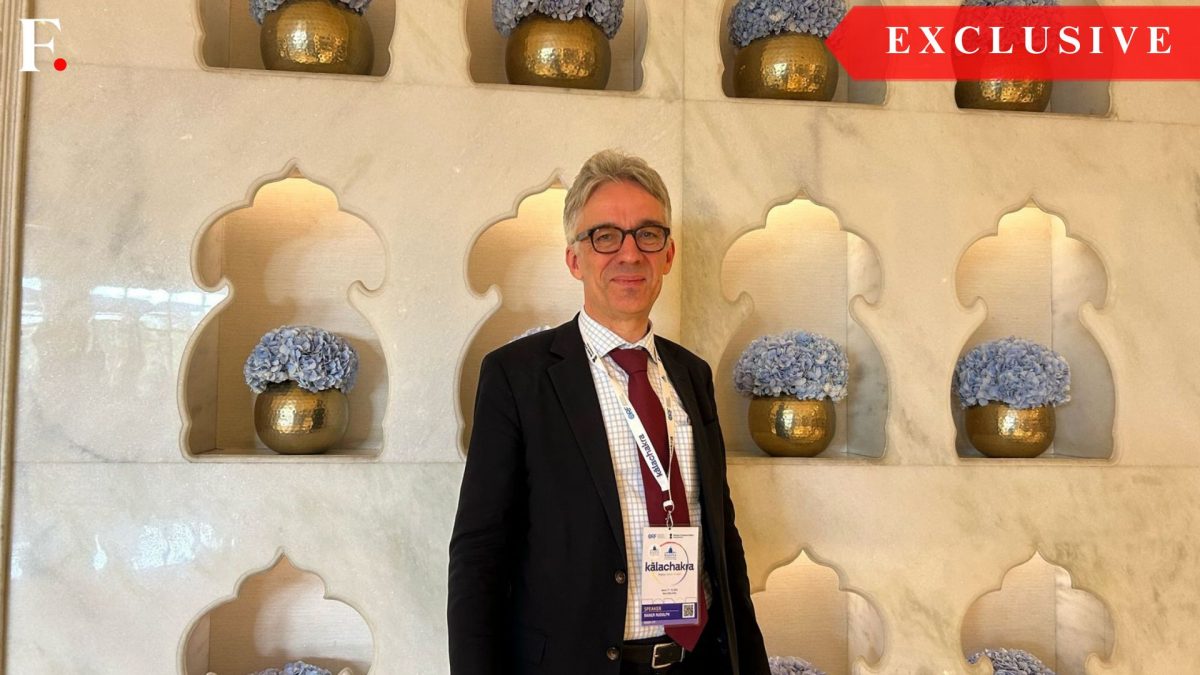)
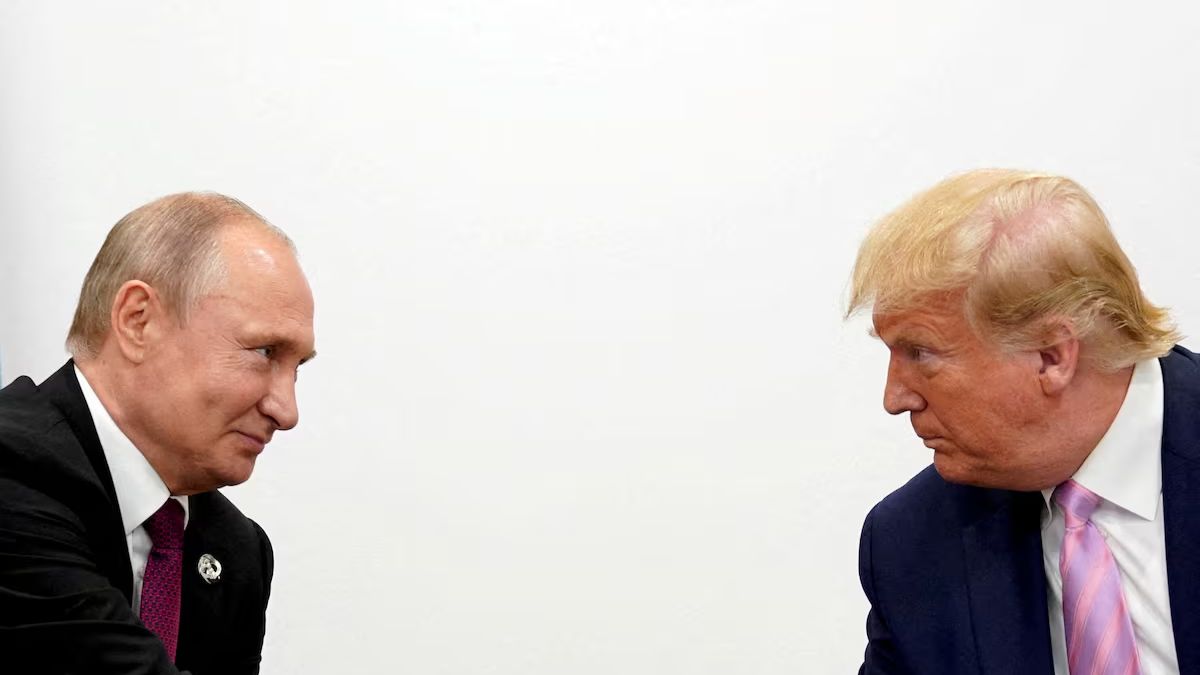)
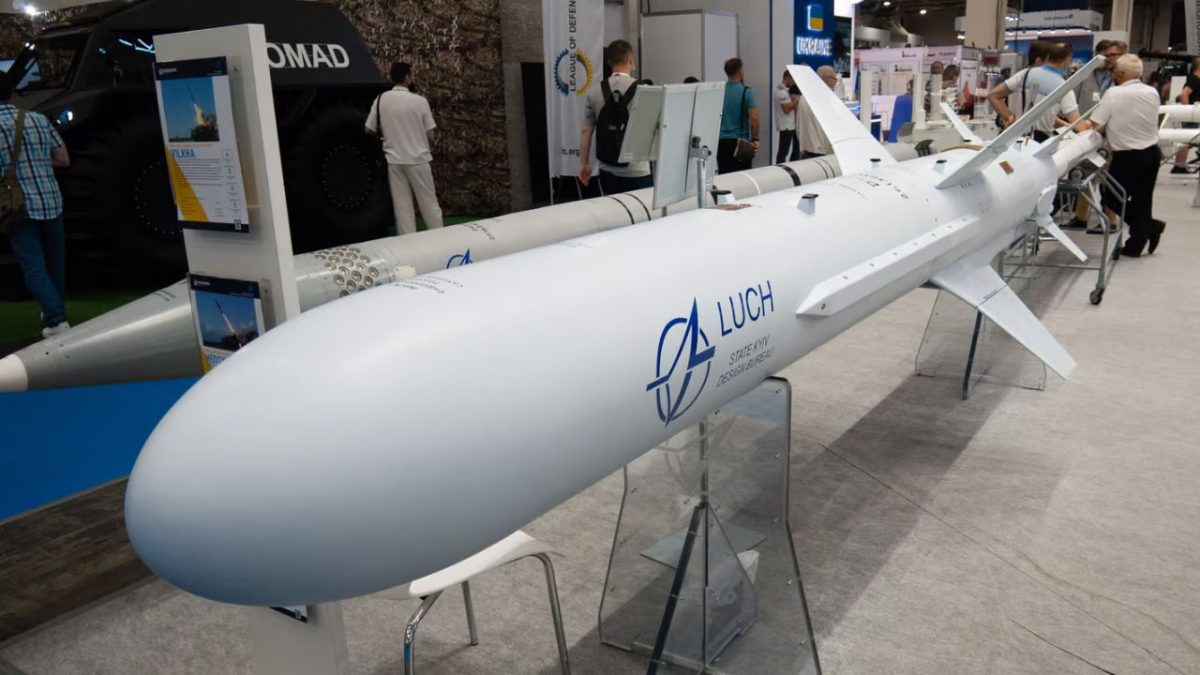)
)
)
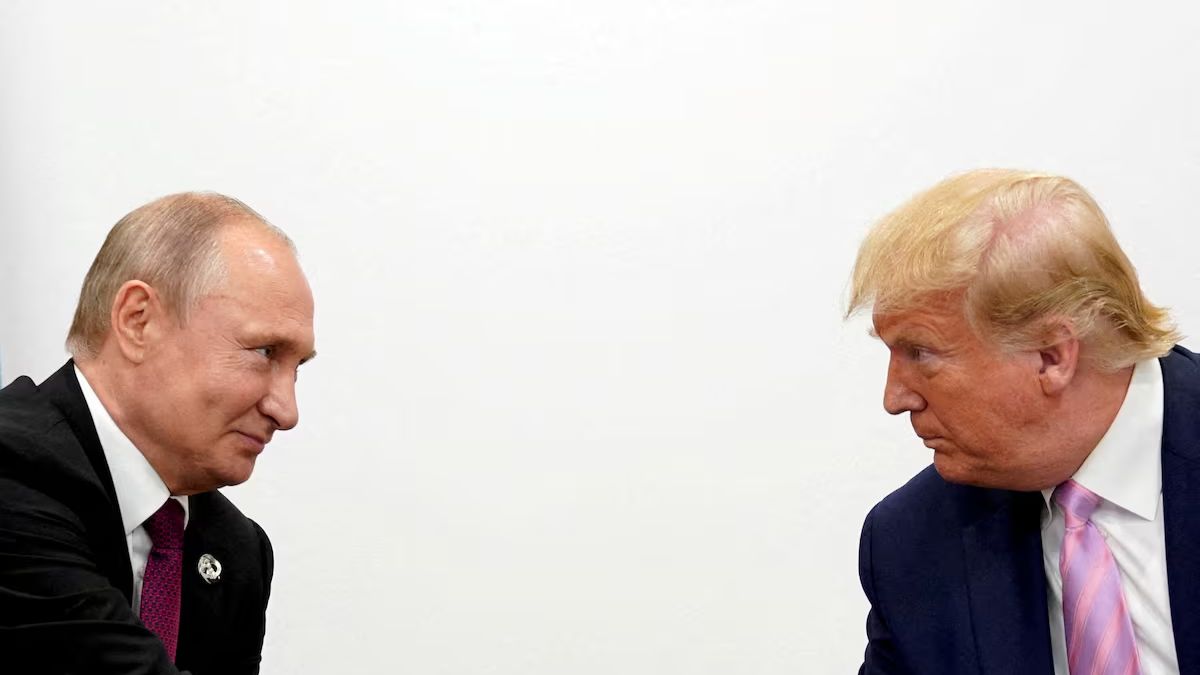)
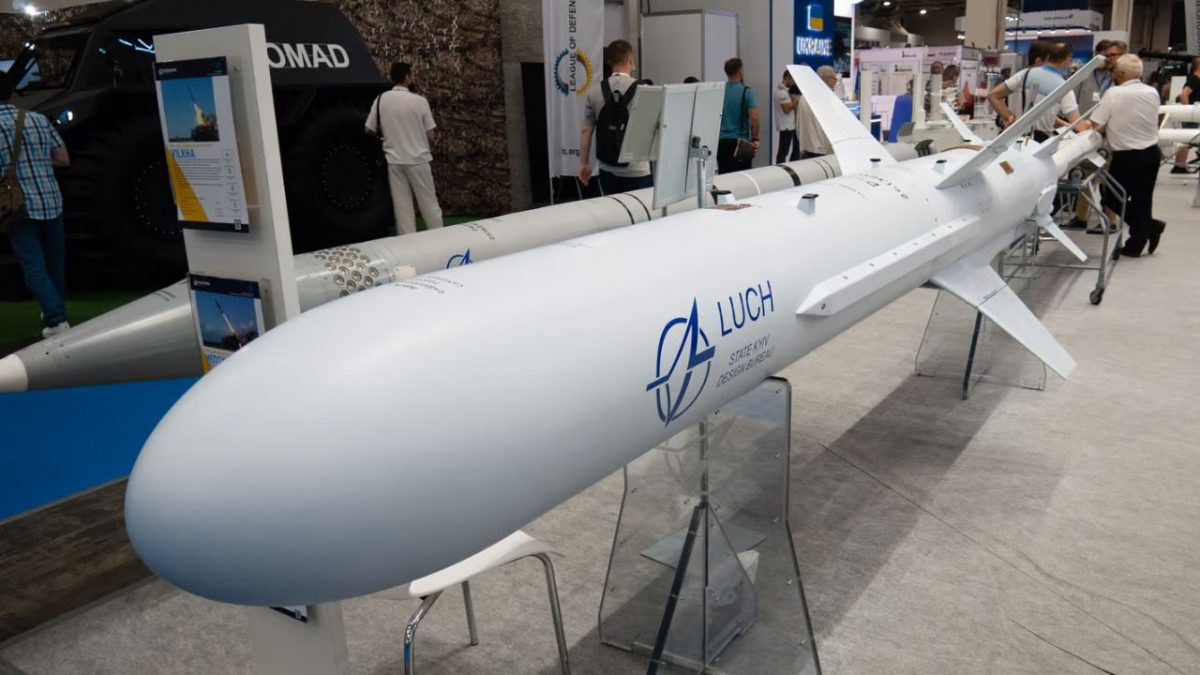)
)
)



